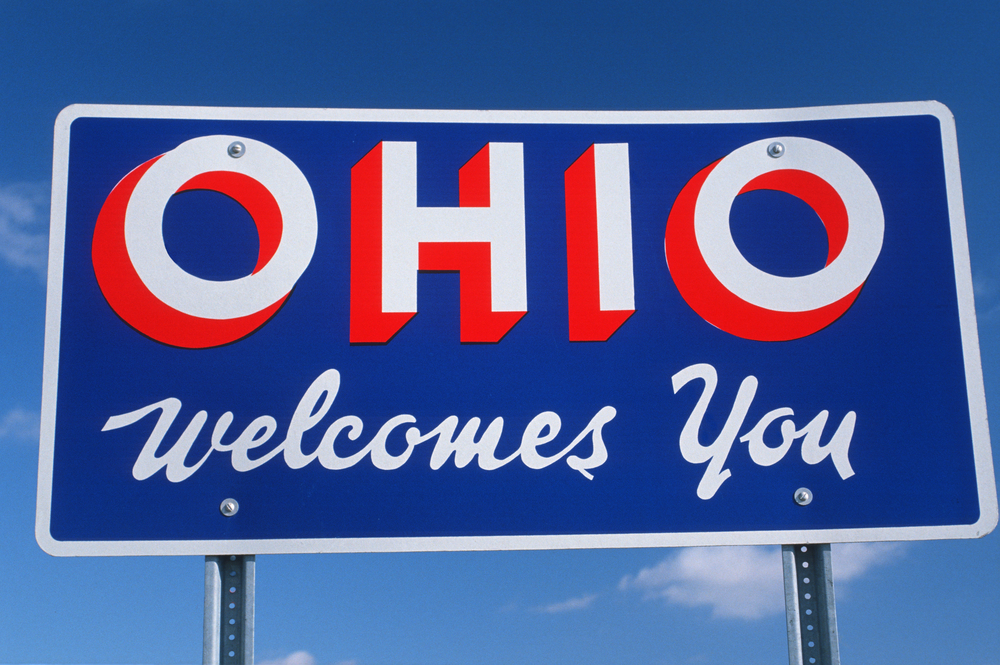SB 176 finally unveiled
After months of hearings and debate, Ohio finally knows what its sports betting market might look like. State lawmakers unveiled SB 176 in the Senate on Thursday, establishing a framework for legal mobile and land-based sports wagering.
Each license will carry a fee of $1m renewable every three years
The legislation offers 40 licenses in total, with 20 licenses for existing facilities able to partner with mobile operators. The remaining permits will go to new brick-and-mortar sportsbooks. Each license will carry a fee of $1m renewable every three years. Notably, the state’s professional sports teams can also apply to offer sportsbooks.
Commenting this week, House Speaker Bob Cupp described the bill as a “high priority”, with the aim to pass the legislation before the summer recess at the end of June. Hearings on the bill will begin next Wednesday. If approved by the state legislature, SB 176 will take effect after January 1, 2022.
A closer look at the bill
During a Thursday press conference, Senator Kirk Schuring, the main proponent of SB 176, broke down the two types of licenses on offer through the legislation. He described Class A facilities as those that can “bank the bet”, or in other words, the state’s 11 casinos and racinos. These venues can partner with operators who offer mobile apps, with the bill also permitting remote registration.
Alternatively, Class B facilities will include brick-and-mortar sportsbooks established outside of Ohio’s existing casinos and racinos. “You can open up a facility with big-screen TVs and mobile apps and proposition betting,” Schuring explained. “We think it will be an economic development tool for Ohio.”
proposed tax rate of 10%
Under the bill, the Ohio Casino Control Commission will have authority over the market’s regulation. In addition to the $1m licensing fee, the body will enforce a proposed tax rate of 10%. The proceeds of these fees will mainly go towards Ohio schooling, with 2% saved for problem gambling and addiction services.
Although the legislation opens the door to betting on collegiate sports, Schuring said the Ohio Casino Control Commission will decide whether to exclude certain teams – such as those within the state.
Pro sports teams get their way
The possible inclusion of professional sports teams was a hot topic during Senate hearings on the bill earlier this year. Last month, the state’s eight major sports teams and the PGA Tour’s Memorial Tournament formed a coalition to lobby lawmakers into allowing them to offer sportsbooks.
Those sports teams seem to have achieved their goal, with Schuring’s bill including them among potential Class B licensees. During his press conference, the senator even expressed hope that the state’s teams would apply for licenses to open sportsbooks near stadiums. However, the legislation does not guarantee them permits, meaning they will have to go through the application process.




